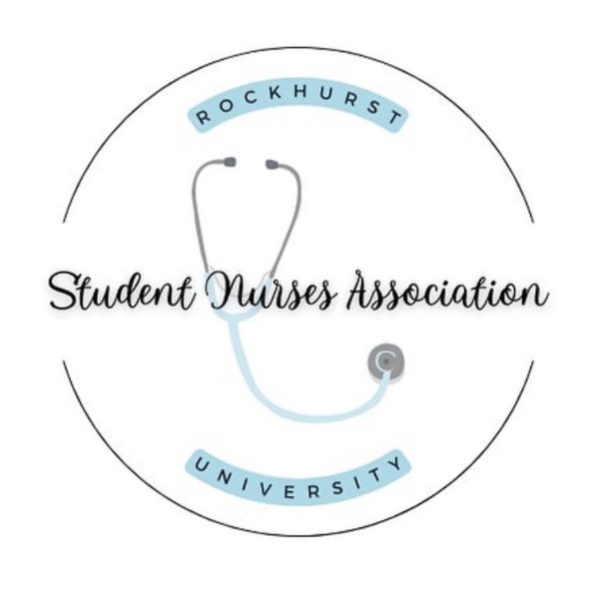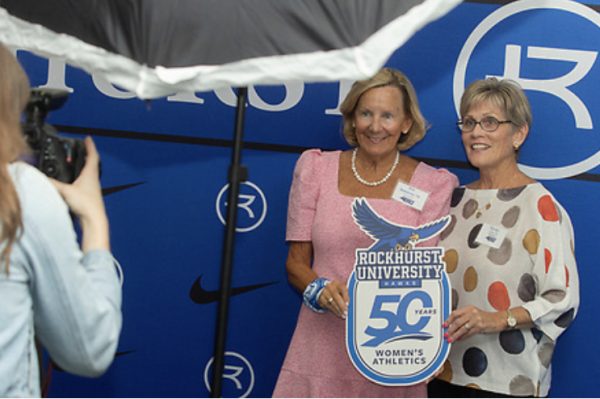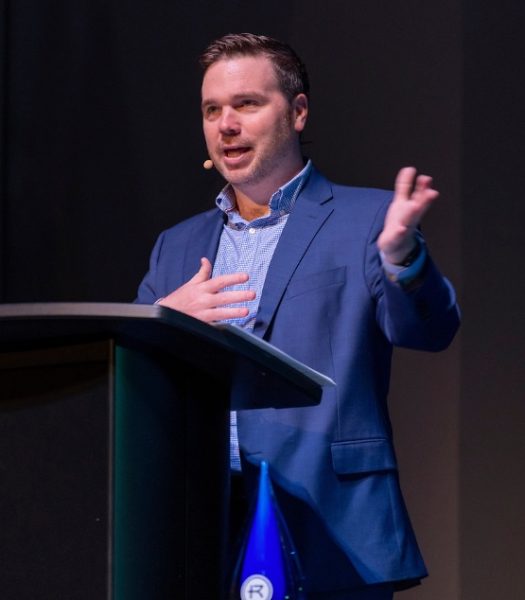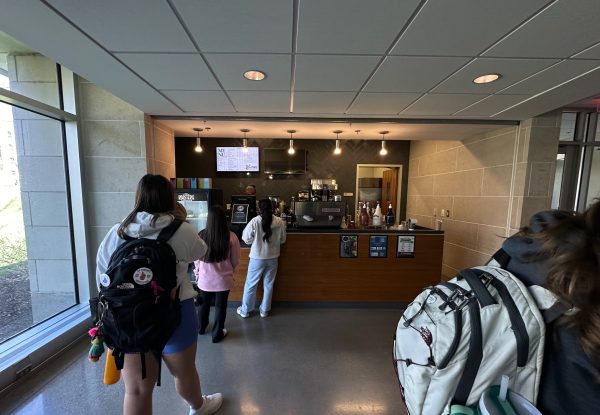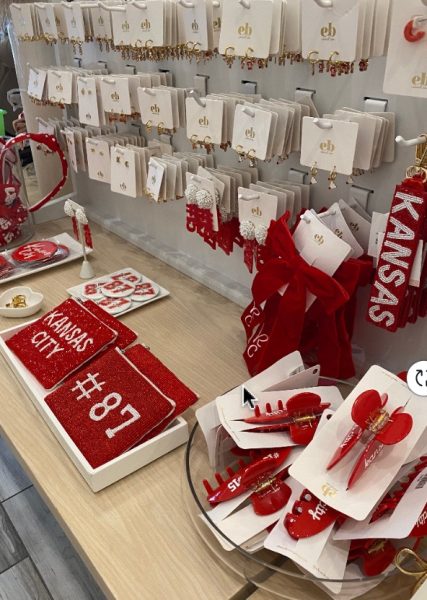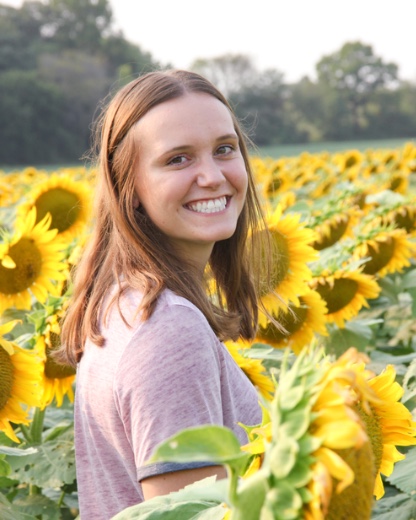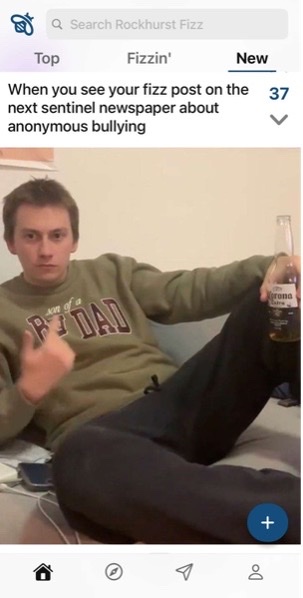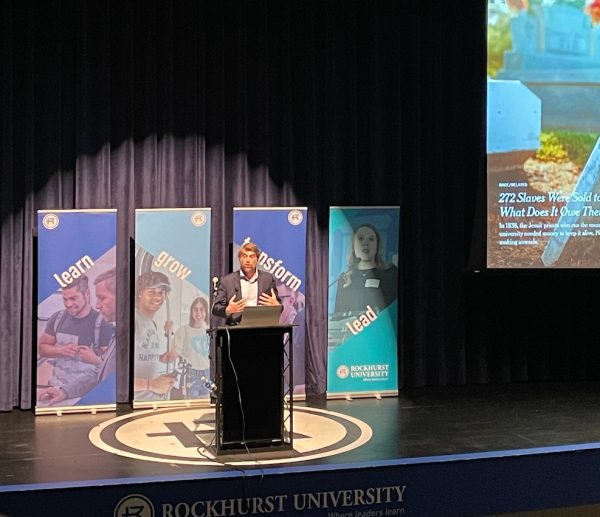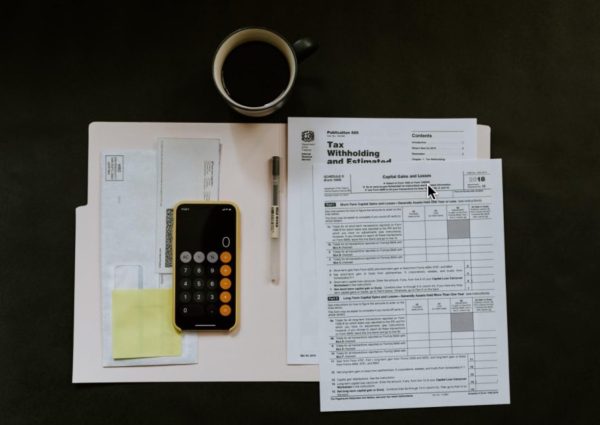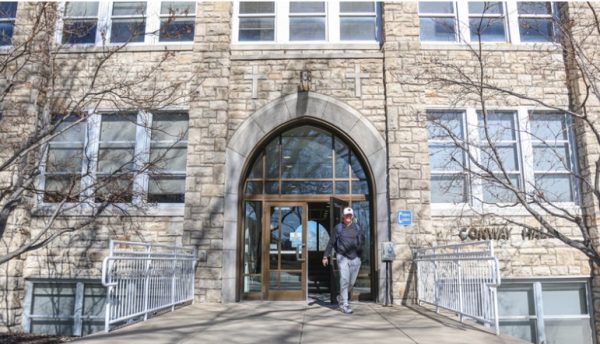Caroline Kennedy, former U.S. ambassador to Japan, talks leadership and politics with Rockhurst students
Kennedy, a noted author and attorney, also gave advice to the young people in attendance.
April 9, 2018
As part of the annual Rockhurst University Leadership Series last Thursday at the downtown Marriott hotel, former U.S. ambassador to Japan Caroline Kennedy spoke to Rockhurst students and faculty in a unique question and answer setting. The student-led Q&A covered a wide range of topics, including the New York Times best-selling author’s experience as a civil servant and her advice to a new generation of leaders.
Kennedy spoke in high praise of her Catholic education, adding that the emphasis on ethics in her youth influenced her view of the law “as a way to pursue justice.” The daughter of President John F. Kennedy saw herself as a “bridge between my parents and the next generation of leaders.” “I felt like it was my job to empower the people who had [come from the bottom], she said.”
But Mrs. Kennedy did not have a clear path from the beginning.
“It’s a really hard time first out of college,” she noted, but she also encouraged students not to fret about the sometimes-daunting prospects put ahead of them. “It’s good to have a path, but also to be open to people and opportunities that come along the way. Your generation has a huge opportunity and a huge responsibility.
“Never discount what you have to bring to the table.”
As American ambassador to the Japanese homeland, Mrs. Kennedy stepped into a world with some distinct differences. “In Japan, I saw leadership in many areas,” she said. “Business [or] government, it was like a crash course in leadership.” Her first priorities included setting a vision, building a team, moving towards it and listening all the way through.
Kennedy highlighted some cultural contrasts between Japan and the United States, including an emphasis on ceremony and a great admiration for organization and thorough planning. She also noted that as the first female ambassador to the ancient island nation, she had a profound impact.
“Women’s empowerment was slow to come [to Japan]” she said, adding that the presence of a woman in such a critical position made Japanese women “very interested” in the political and diplomatic process. In addition, Kennedy was tasked with keeping one of America’s greatest allies and strategic partners in the East Asia region aligned with American issues, even at times of great strife.
One of the most daunting tasks she was ever faced with came about when a United Nations proposal called for the complete dismantlement of the nuclear powers’ arsenal of atomic weapons. “We wanted Japan to vote against it,” she admitted. “We felt that this proposal was unrealistic and aimed at our nuclear deterrent.” Kennedy agreed that while eventually the United States wanted to disarm, it raised “ethical questions” on many levels to ask Japan, the only nation ever attacked by nuclear weapons, to vote against the resolution.
Questions continued for quite some time. Rockhurst students fielded many thoughtful queries, and Kennedy was happy to answer, taking the time to record each and every questioner’s favorite book.
Kennedy said that she hopes that both Rockhurst students and those across the nation remain active citizens, quoting President Harry S. Truman in reminding us that “the highest job of democracy is that of the citizen.”


